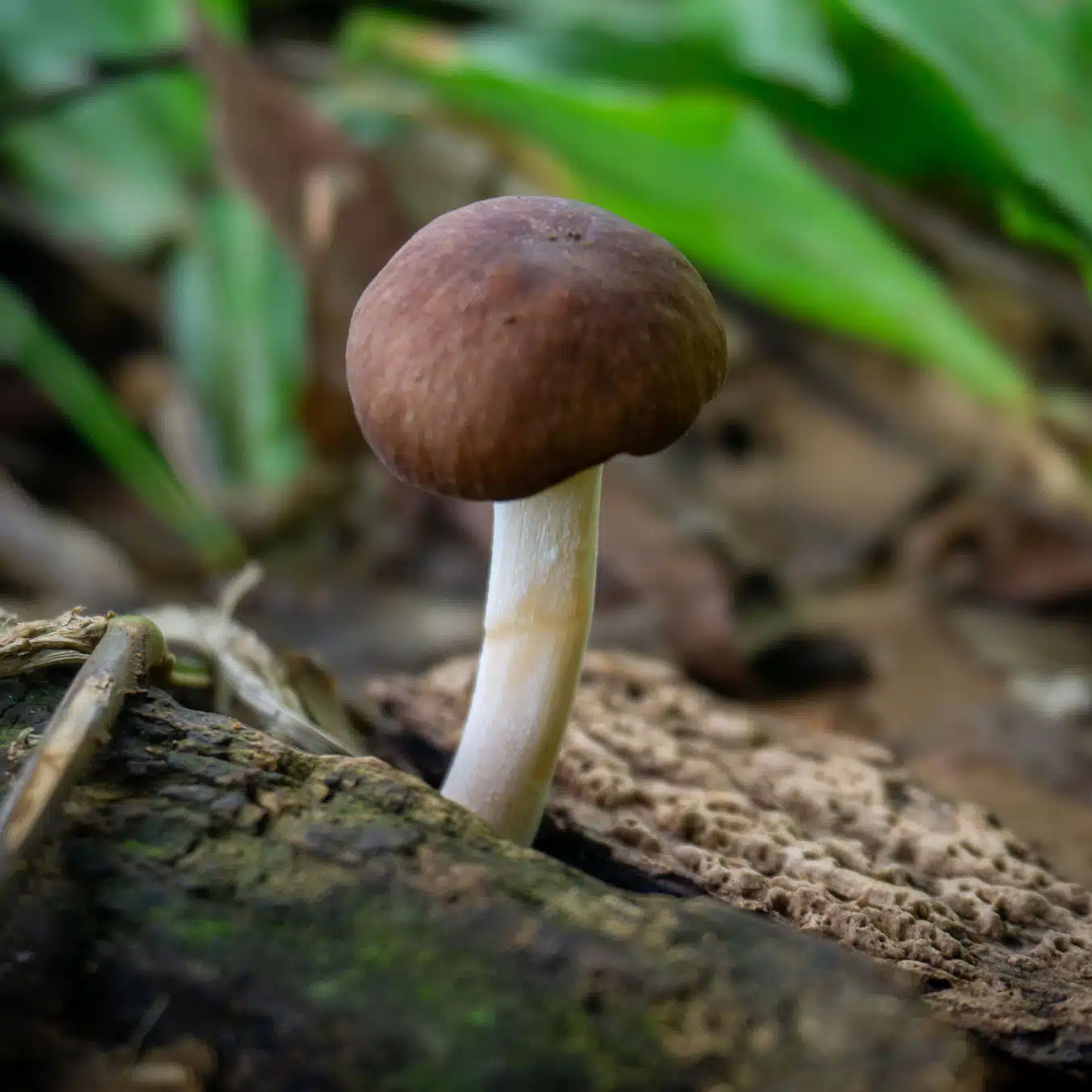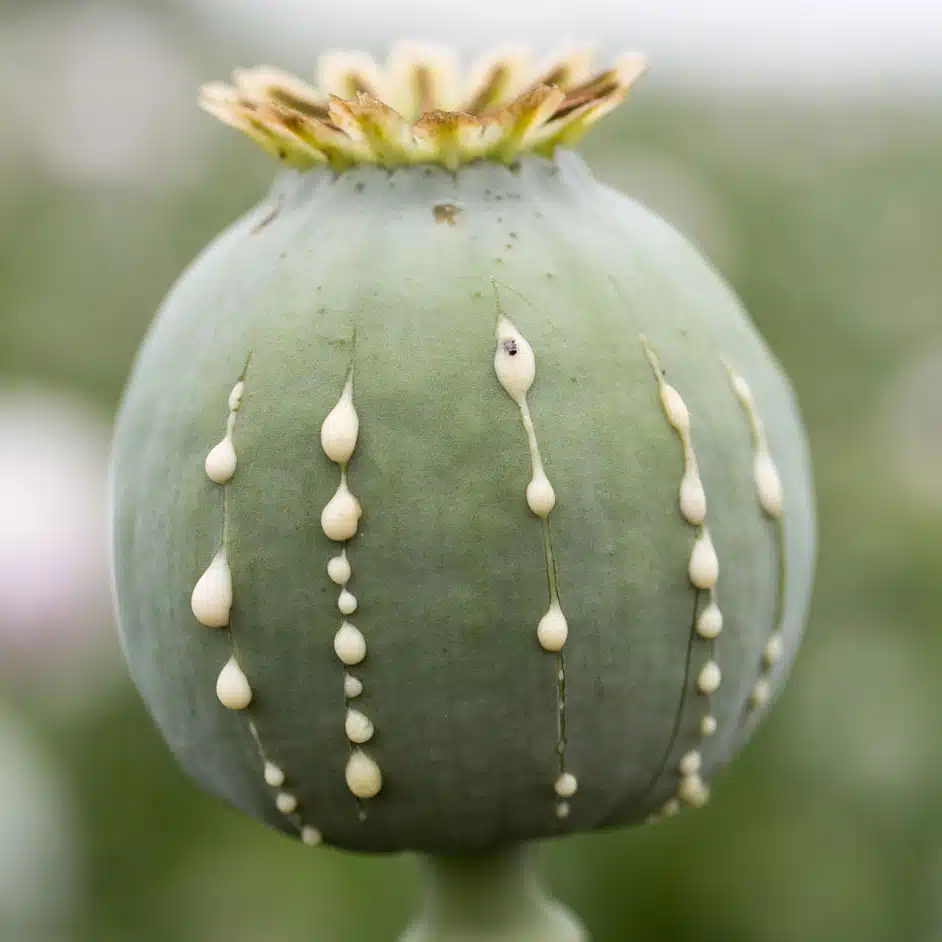Why are some plants illegal to grow? Free the plants, free your mind
Why are some plants illegal to grow? Free the plants, free your mind
Why Do We Outlaw Plants? Nature’s a Bad Ass Biker Against the Law
Nature is an outlaw biker riding high like a pure gold train of a David Allen Coe song that ran over your mother after she just got outta prison.
Seriously, how the hell do you outlaw a plant?
But we live in a crazy world where hundreds of plants are outlawed in the U.S. Some are invasive. Others are poisonous. And some get you high as Hank Williams singing along to his grandson’s music in the back of a 1952 Cadillac convertible.
We get that Cannabis is still illegal in plenty of states. It’s the same tired tune, like a Woody Guthrie song played on repeat by a Fascist Killing Machine until we’re blue in the face. This article doesn’t argue for weed legalization. That’s a given, like a four-leaf clover for a tramp stamp. It’s been done.
Now some plants are illegal because they’re invasive or bad for the Earth. Garlic mustard is banned in Illinois, Indiana, Ohio, Virginia, Washington, and West Virginia because it harms the environment. Water Spinach is banned in Arizona and Virginia because of its harm to waterways and native plants. Wild Sugarcane is banned throughout the US because it chokes out native plants and grasses that grow in the wetlands.
Fair enough, you can kinda see the logic there. Whatever. We’re not talking about those plants. Go ahead – ban the Fig Buttercup. It’s basically the Jehovah’s Witness of the plant world. Same goes for Johnsongrass, which literally poisons cows and sheep with cyanide. Some plants are pests and should be regulated, like when the Great State of California snatches lemons out of your RV fridge because they could wipe out the citrus industry with a case of the lemon clap. When it comes to protecting plants, sometimes you just gotta play defense.
This article’s not about the poisonous and invasive plants, though it is worth noting Shitake mushrooms were once banned in the US because officials feared they’d be invasive. Now they’re in every farmers’ market in the country like suburbanites wearing PJ pants at the grocery store.
What we’re talking about are the plants that are illegal because of what they do to our brains. Why does the government ban plants that free our minds? Lock up the imagination before Nature’s Pepé Le Pew knocks it up with kittens.
Peyote Button Fly Jeans of the Desert
Peyote is illegal to grow in the U.S. because it contains mescaline, a potent hallucinogen classified as a Schedule I controlled substance under the Controlled Substances Act. The government prohibits its cultivation to prevent recreational use and potential abuse, as mescaline induces altered states of consciousness and psychedelic effects. However, exceptions exist for members of the Native American Church, who are legally permitted to use Peyote in religious ceremonies due to its deep cultural and spiritual significance.
Coca Plant: Like Coffee But Illegal as Miami Vice on Ice
In 1961, the United Nations Single Convention on Narcotic Drugs declared “coca leaf chewing must be abolished within twenty-five years from the coming into force of this Convention.”
But to indigenous people, the Coca plant is all about freedom.
“Coca is a sacred plant that the Gods gave to us and all communities throughout the Andes and it represents the tongue of the Creator,” Asdrúbal Torres Torres, a community leader of the Arhuaco indigenous group in Santa Marta Sierra Nevada, told Mongabay. “Through the coca plant you can talk the word of the Creator. So when we put the leaf on our tongue, we are connected to the gods, and we can transmit messages through the spiritual world and also the physical world to keep the equilibrium of our physical bodies. When people try it in its raw form, they will understand that it’s not harmful, it’s an ancient tradition.”
But lock up our brains. Coca leaves will still get you thrown in jail in the land of the free.
Damiana Damned In Tarnation in the State of Louisiana
That’s one reason why Bear Blend got kicked off Amazon Prime and why we no longer offer many of our products in the state of Louisiana. Amazon had determined our product to be synthetic marijuana because they smoke fish flakes.
But either way, growing or selling Damiana in the state of Louisiana can get you locked up for gardening.
Salvia Salivates Salacious Satan’s Taste Buds
The legal status of salvia varies across the U.S., with some states treating it as a Schedule I controlled substance, while others impose regulations on its sale and distribution.

When Plants are Outlaws…
Plants should open minds, not lock people up. Gardening shouldn’t be some outlawed David Allen Coe song living in a cave just because it wouldn’t pay its taxes.
Humanity, get it together. Grow the Earth. Free your mind. Free the plants. When plants are outlawed, only outlaws will get the garden slugs wasted like teenagers in a 7-Eleven parking lot on prom night.

Mathew Gallagher
Wordsmith Specialist
Join the Bear Blend Tribe
Tribe members receive special discounts on products, invitations to premier events and are welcomed to contribute writings and videos to the community.


0 Comments